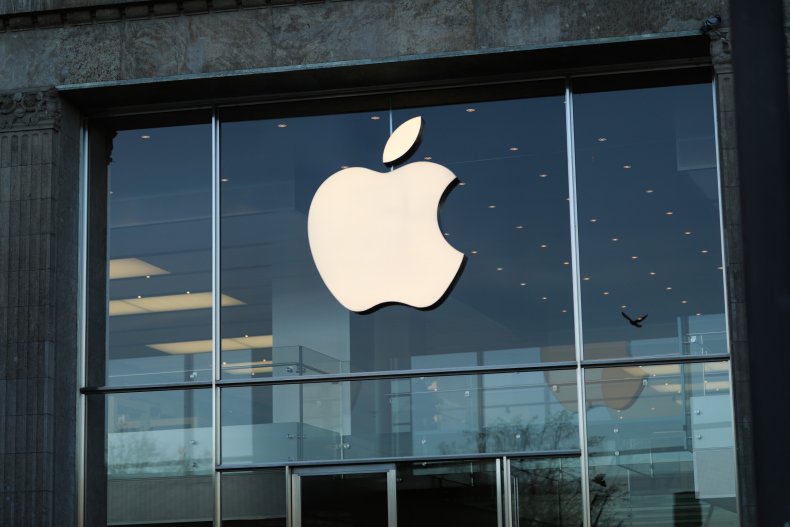A group of shareholders from Apple Inc. submitted a proposal asking the tech conglomerate to perform a civil rights audit of its business, it was revealed Tuesday.
The proposal was primarily filed by a trio of large investment groups that together own at least 23 million shares of Apple.
An exclusive report from MarketWatch detailed the shareholders' gripes with the company amid reports of slow-moving diversification and issues with misogyny and racism in the workplace. Additional reports detailed how Apple halted internal surveys on pay equity.
The company also reportedly bans surveys related to company diversity. Multiple labor lawyers have said that these combined actions could be violating workers' protections.
The proposal called for a look into the hiring practices at Apple, in addition to calling out the culture seen at the top levels of the company.
"It is unclear how Apple plans to address racial inequality in its workforce," the proposal reportedly stated. "Apple currently has no Hispanics and only one Black member on its executive team."

Indeed, Apple's 2020 self-published diversity report listed the company's leadership as being only 4 percent Black and 8 percent Hispanic. Across the board, the company showed only 9 percent Black employment and 4 percent Hispanic employment.
At 47 percent, the largest portion of workers for Apple remained white.
This is despite that same report also stating that "in the last year, we made progress toward more inclusive leadership by bringing people into Apple and hiring from within."
Former Apple software engineer Cher Scarlett told MarketWatch that "Apple's behavior is not reflective of the mission and values they portray to their shareholders and the public." Scarlett left the tech giant in November after filing labor board complaints related to pay equity surveys.
Dieter Waizenegger, the executive director of one of the three investment groups, SOC, echoed a similar sentiment, stating that despite the company committing significant funds, $100 million, towards racial justice initiatives, Apple has not worked on changing its own agenda.
"They're spending money on racial and mostly philanthropic initiatives and don't really address the company's own policies," Waizenegger said. "The chief diversity officer is not in the C-suite, and there's a really low percentage of Black officers in the company.
"Whatever the company's doing, it seems like there's a gap."
Waizenegger pointed out the recent unionization of a Starbucks store in Buffalo, New York, to show that "things can happen quickly sometimes. Even very successful, well-regarded companies have to be mindful of that."
Jonas Kron, the head of Trillium, another one of the investment groups, added that despite the racial equity initiatives that companies like Apple have, "it doesn't mean they don't have blind spots, or that they have some sort of process for ensuring accountability."
"Given the importance of gender and racial equality, having this level of review is not only appropriate but highly beneficial," Kron said, in regards to the civil rights proposal. "A company shouldn't wait for controversies to arise to do a racial-justice audit."
The proposal is expected to be one of several similar issues that Apple will reportedly face during its 2022 shareholders meeting.
Newsweek has reached out to Apple for comment.

Post a Comment